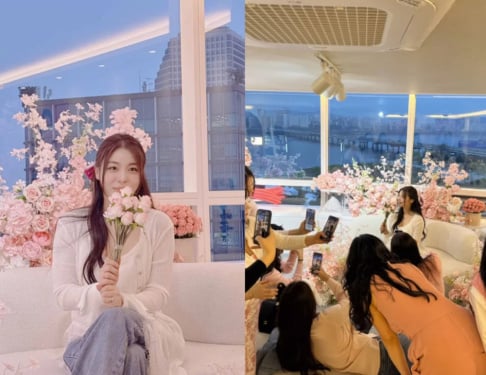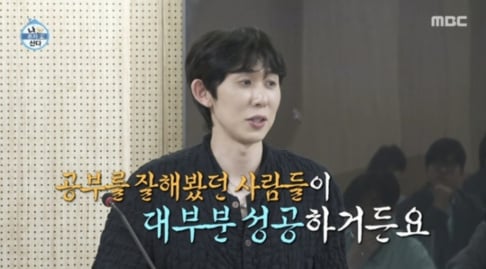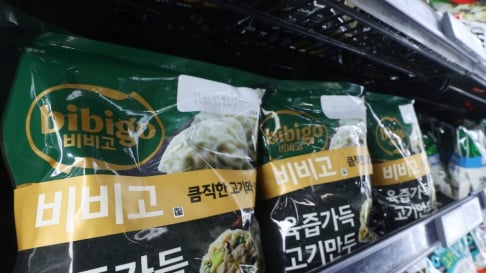
The emergence of a tipping culture in certain restaurants and cafes in South Korea has caught the attention of consumers, sparking discussions and raising eyebrows.
Recently, a photograph depicting a 'TIP BOX' at a cafe gained significant traction across various online communities.
As seen in the picture, a 'tip box' filled with bills was prominently placed next to the cafe's menu board.
Netizens who came across these photos responded with a mix of comments, such as "This is tax evasion," "Do we even have a tipping culture in our country?," and "Why pay the minimum wage if tipping is expected?"

Some individuals shared their personal encounters with tip boxes, mentioning specific locations like "I saw the tip box at a cafe where there's a lot of foreign visitors" and "Restaurants, where the employees grill the meat for the customers, have them (the tip boxes)."
A similar controversy arose last year when a photo featuring a tip guideline from a particular meat restaurant went viral on an online community.
The guideline suggested, "If the serving staff provided excellent service, consider tipping a minimum of around 5,000 KRW (3.87 USD) per table (per group)." Even during that time, the prevailing sentiment was one of skepticism, with comments like "While some people may tip voluntarily, is it necessary to inform customers like this?"

In contrast, it is customary to tip approximately 20% of the bill in the United States.
Although Korea generally lacks a tipping culture, some restaurants or cafes occasionally display requests for tips on their menu boards or information boards, labeling it as a 'service charge.'
According to the Food Sanitation Act revised in 2013, menu boards should only display the final price, inclusive of VAT and service charge.
 SHARE
SHARE














































I dont like the tipping culture, I feel like business owners use this trick so rather than giving their employees a good wage they make customers pay for that and avoid the workers complaining or asking for more ,this is just my thought ,I maybe wrong
4 more replies